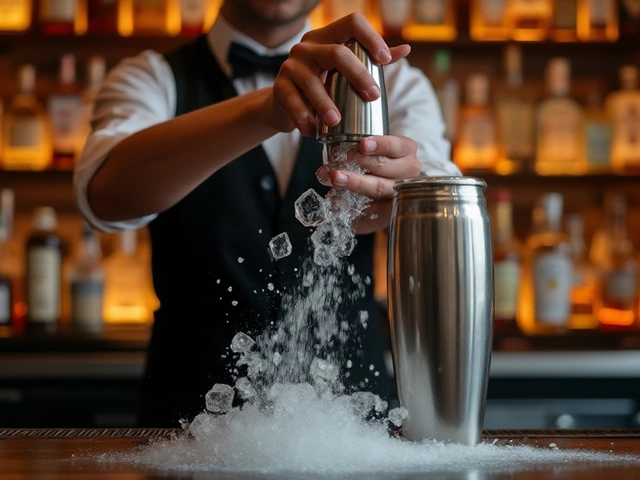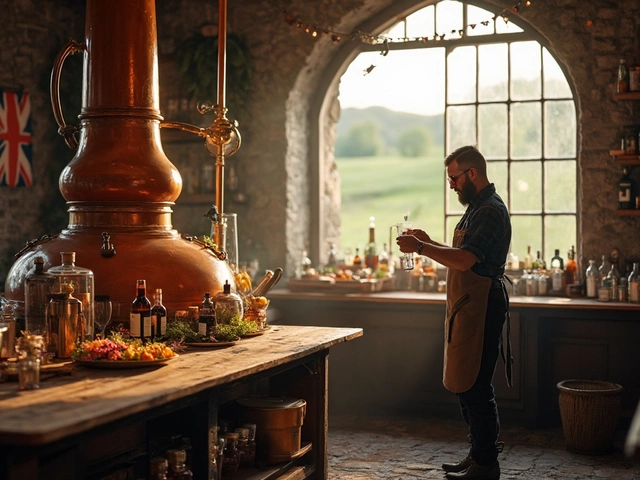Beer Laws: What Every Drink Lover Needs to Know
Whether you’re popping a cold one at the pub or trying a DIY brew in the kitchen, you’ll run into rules about beer. These rules aren’t just paperwork – they affect what you can buy, how you can serve it, and even what you can make at home. Knowing the basics helps you avoid fines, keeps your drinks safe, and makes you look like a pro.
Why Beer Laws Matter
First off, beer laws protect public health. Age limits stop minors from drinking, and labeling rules make sure you know the alcohol strength. For breweries, regulations ensure that the product is consistent and safe for consumers. Ignoring these rules can lead to penalties, product recalls, or even a shutdown of the business.
In the UK the legal drinking age is 18, and it’s illegal to sell beer to anyone younger. This includes off‑licences, supermarkets, and even taproom events. If you’re hosting a party, it’s your responsibility to check IDs. Getting caught can mean a hefty fine or a loss of licence.
Key Rules to Keep in Mind
Labeling and Alcohol Content: Every bottle or can must display the exact ABV (alcohol by volume). The label also needs to list allergens and ingredients. If you’re buying a craft brew, look for the ABV – it tells you how strong the drink is and helps you stay within safe limits.
Serving Limits: Bars and pubs must follow licensing hours. In most of England and Wales, alcohol can be sold from 10 am to 11 pm, though some places have extended licences. Outside these hours, serving alcohol is a breach of the law.
Home‑Brewing Rules: In the UK you can brew up to 100 litres a year for personal use without a licence. Anything above that needs a special brewing licence from HMRC. You also have to keep records of your production, and the beer can’t be sold commercially without the proper permits.
Transport and Storage: Moving large quantities of beer across borders may require customs paperwork and excise duty. Even within the UK, storing beer in a commercial cellar means you must meet fire‑safety standards and have appropriate insurance.
Advertising Restrictions: Ads can’t target minors or suggest that beer improves performance. Promotional offers like “buy one get one free” are allowed, but they can’t be tied to binge‑drinking incentives.
Keeping these basics in mind makes your beer experience smoother. If you’re unsure about a specific rule, check the UK Government’s licensing guide or talk to your local council. A quick phone call can save you from costly mistakes later.
So next time you crack open a pint, remember the rules that keep it legal and safe. Knowing beer laws isn’t just for brewers – it’s for anyone who enjoys a good drink without hassle.
Curious if homebrewing is allowed in California? This article cuts through the confusion around the law, giving you the real scoop on what you can and can't do. Learn what's legal, what's not, and how to keep your DIY brewing on the right side of the rules. Packed with tips and fun facts, it's everything a homebrew enthusiast needs to know before firing up that brew kettle in the Golden State.
View Details

